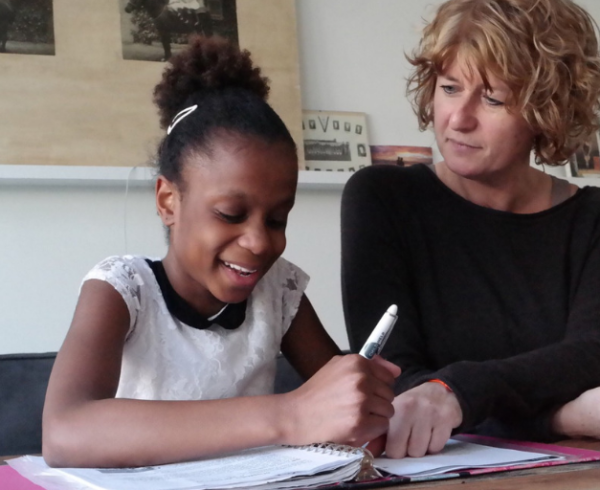Arguing with your romantic partner can be like a dance.
Maybe the arguments started during a tense time in your lives. Your partner hurt your feelings, you probably hurt them back. You feel like you’re keeping score, or that you’re being judged. And any time a touchy topic comes up – managing money, friends and family, behaviour – you’re afraid to make it worse so eventually you seize up talking altogether. It’s like dancing with a partner who pulls away, or who pushes you away.
Couples who decide to approach therapy bring with them unique and individual histories and experiences. Because of their different perspectives on events and the feelings that resulted, a common request I hear in our first session is that they’d like to learn how to better communicate.
But ultimately, we need to figure out the dance – what song are they dancing to; what’s the pattern; what are their fears.
The Dance
In initial sessions, a psychologist is going to take time to understand where each person is coming from, and the pattern you’re in together. What brought you in, and what are you looking for? Did one person bring you both in, or is it mutual?
Most couples who have descended into arguing have fallen into one or more of three patterns.
- Pursue/pursue – attacking each other, criticizing each other. Like a battle.
- Pursue/withdraw – one “attacks” or anxiously pursues their partner; while the other person withdraws emotionally or defensively, by stonewalling or literally walking away.
- Withdraw/withdraw – both partners have moved away from their shared intimacy.
Pursuing a partner may be coming from a good place in their heart –to preserve the relationship– but it can be expressed with negative behaviours, such as being insistent or controlling. A withdrawing partner may not trust that they can get what they want, so they pull away. These behaviours may ebb and flow, creating the couples’ dance.
If these are the styles of dance, then underlying insecurities and fears are the music.
Those insecurities need to be addressed. Ask yourself what you really want – what do you need – what do you long for? Do you feel unloved, alone or invalidated? Are you feeling afraid, controlled, guilty or inadequate?
Learning new moves
It may take a few sessions to recognize the dynamic. Learning to recognize and acknowledge the pattern you’re in is not the same as disrupting the pattern. To do that, you both need to start to listen, understand, and acknowledge where your partner is coming from. It’s not about winning – it’s about dancing in-step with one another.
To do this, try looking at it through this lens: “My partner thinks I don’t love them because of these behaviours I engage in.” Understanding how your partner sees your behaviour can help you resist the urge to behave a certain way.
We’re all better listeners when we don’t feel attacked. It may be important to start with “I” statements, such as “I feel that when you ignore me you don’t care about my feelings”, but ultimately getting to the point of using “Us” and “We” statements will help remind you of shared dreams and your partnership.
Attuning to your partner can be a tricky thing but listening and reflecting may help.
- Ask open ended questions,
- Ask for your partner to clarify and elaborate,
- Then reflect back what you hear so they know you understand.
Communicating with empathy, like saying “it makes sense that you feel that way from this” and “I can see why you’re upset” helps you display that you understand how the other person is feeling.
Following these listening and reflecting steps can be hard! Often in practice, talking about something benign like favourite ice cream flavours helps couples to practice.
It’s a challenge to listen to each other and it can feel challenging to be heard. Learning new steps together is possible and, just like new dance moves, they can take time.









Leave a Comment